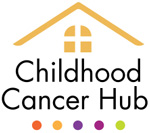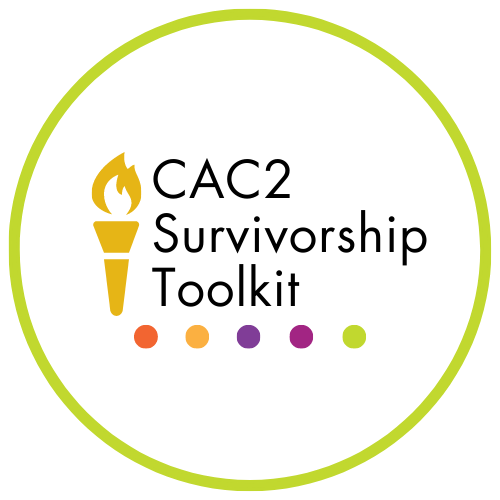SURVIVORSHIP
When a child is diagnosed, the primary goal is to get them to survive their cancer.
The number of childhood cancer survivors has increased as treatment options have advanced. However, survivors often bear the burden of their treatments and may not live better, higher quality lives due to the life-long effects of childhood cancer.
They may contend with a range of late effects, some arising from their cancer and some a result of the brutal, toxic treatments that saved their lives. These capricious late effects can develop within months after treatment ends or decades later, well into adulthood.
According to the CAC2 Childhood Cancer Fact Library:
- More than 95% of childhood cancer survivors will have a significant health-related issue by the age of 45.
- ⅓ of survivors will suffer severe or chronic late effects, ⅓ of survivors will suffer moderate to severe late effects, and ⅓ will suffer slight to moderate late effects.
- Cognitive impairment affects up to ⅓ of childhood cancer survivors.
- 10% of childhood cancer survivors experience a secondary cancer within 30 years of their initial diagnosis.
As a result, survivors face physical and psychosocial challenges that lead to educational, financial, legal, employment, medical care, and health insurance challenges throughout their lives. Furthermore, childhood cancer survivors and their families often feel isolated, alone, forgotten, and frustrated by a lack of support.
The Survivorship Interest Group was founded and charged to address these myriad of challenges that childhood cancer survivors (ages 0-19), their caregivers, and their families face. We do this through our various projects and initiatives. We hope to ease the burden for survivors and their caregivers and families by providing simple access to the information and assistance they need. We also hope that nonprofit organizations, medical professionals, and other CAC2 members will use our projects to incorporate survivorship into their organizations and institutions which will further help childhood cancer survivors and their families.
If you have any questions or would like to become involved with the Survivorship Interest Group, please contact: .



